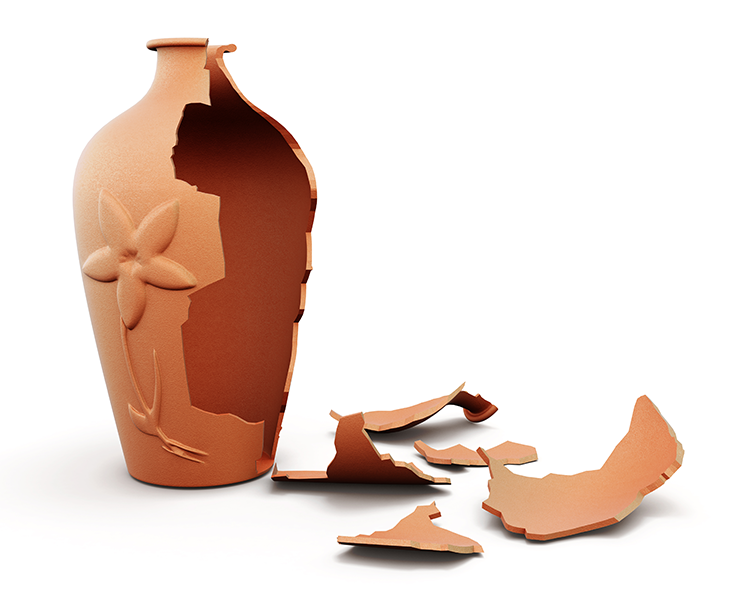5th Circuit takings ruling that breaks ‘Pottery Barn rule’ will be reviewed by US Supreme Court

Image from Shutterstock.
The U.S. Supreme Court on Friday agreed to decide whether Texas landowners can sue the state under the takings clause for flooding caused by highway reconstruction even when a statute has not authorized lawsuits.
The U.S. Supreme Court agreed to hear four consolidated cases that argue the takings clause is “self-executing,” meaning the landowners can sue directly under the Fifth Amendment as applied to the states by 14th Amendment.
Texas had removed the cases to federal court and argued that, absent legislation authorizing suit, the only remedy available was under Section 1983 of the Civil Rights Act, according to the cert petition. Because Texas is not a person that can be sued under Section 1983, the landowners have no remedy, the state argued.
The Institute for Justice represents Winnie, Texas, farmer Richie DeVillier in the case, according to a press release. The floods had “destroyed countless crops and killed several animals” on DeVillier’s farm, the press release says.
“The case presents a simple yet vital question of constitutional law: When the Constitution says government must pay ‘just compensation’ when it takes private property, does it mean what it says?” the press release says.
The case stems from a Texas highway project intended to make sure the eastbound lanes of Interstate Highway 10 can be used for evacuations in the event of flooding. The highway was elevated, two additional lanes were added, and a concrete barrier was built on the highway’s center. “Water that would otherwise have flowed south into the Gulf of Mexico stopped dead at Highway 10,” the cert petition says.
The New Orleans-based 5th U.S. Circuit Court of Appeals ruled for Texas in the case. Under its approach, takings claims against state governments can be removed to federal court where the states can force their dismissal, according to George Mason University law professor Ilya Somin, who wrote at the Volokh Conspiracy.
Somin filed an amicus brief for himself and the Cato Institute that urges the Supreme Court to decide the case.
“If the Supreme Court upholds the terrible lower court ruling,” Somin wrote, “it would essentially give state governments a ready-made path to taking private property without having to pay compensation, as the Fifth Amendment requires.”
Robert McNamara, the Institute for Justice’s deputy director of litigation, summarized the potential impact of the case in the IJ press release.
“If there is one basic principle in property law, it’s the Pottery Barn rule: You break it, you buy it,” McNamara said. “The 5th Circuit’s decision in this case amounts to ‘you pay if you feel like it.’ But the Constitution’s takings clause demands more.”
Devillier told the Beaumont Enterprise that he and his family are excited the Supreme Court granted cert.
“We’re still kind of floating at this point,” Devillier told the newspaper. “I’m quite certain that the Supreme Court is going to see things our way and how we were wronged by the state.”
The case is Devillier v. Texas. The SCOTUSblog case page is here.



